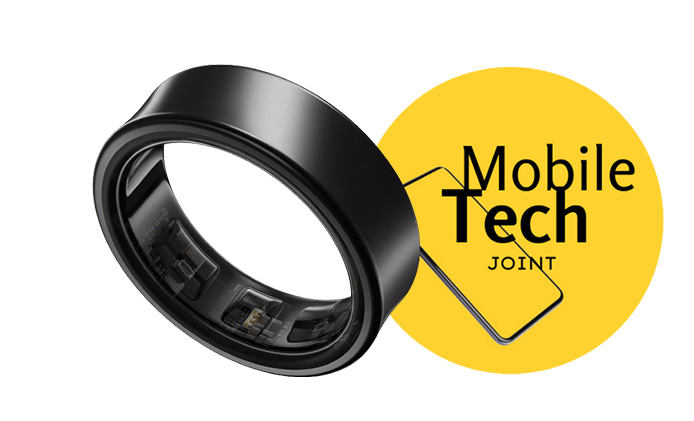When it comes to wearable tech, the Samsung Galaxy Ring stands out with its advanced health tracking and smart features. But what if you’re not using a Samsung phone? Can this sleek piece of technology still deliver? In this post, I’ll dive into my experience using the Samsung Galaxy Ring with non-Samsung devices, exploring its compatibility, features, and overall performance.

Samsung Galaxy Ring Compactibility with Non-Samsung Devices
The Galaxy Ring is primarily designed to work seamlessly with Samsung devices, ensuring optimal performance and full feature access. However, it is also compatible with non-Samsung devices, although with some limitations. Understanding the basics of device compatibility and ensuring your phone meets the necessary requirements can save you from future frustrations.
How to Connect Galaxy Ring to Non-Samsung Devices
Connecting the Galaxy Ring to a non-Samsung device involves a few straightforward steps:
- Activate Bluetooth: Make sure Bluetooth is turned on your phone.
- Install the Samsung Health App: Available on your device’s app store, this app is essential for the Galaxy Ring’s functionality.
- Pair the Device: Open the Samsung Health app and follow the pairing instructions. This process can take a few minutes, and ensuring both devices are updated can help avoid connection issues.
If you encounter problems during setup, common troubleshooting steps include restarting your devices, updating software, and ensuring Bluetooth connectivity is stable.
Features Available on Non-Samsung Devices
Using the Galaxy Ring with a non-Samsung phone allows access to core features like heart rate monitoring, sleep tracking, and basic activity tracking. However, some advanced features may be limited or inaccessible. This limitation can impact the overall user experience, but the primary health tracking functions remain robust.
User Experience: What to Expect
User feedback on connecting the Galaxy Ring to non-Samsung devices is mixed. Some users report a seamless experience, while others face challenges with connectivity and feature access. Common issues include intermittent Bluetooth connections and limited functionality of certain features. Keeping the Samsung Health app and your phone’s software up-to-date can help mitigate these issues.
Alternatives to Samsung Galaxy Ring
If you find the compatibility issues with the Galaxy Ring too limiting, consider exploring other smart rings like the Oura Ring or Motiv Ring. These alternatives offer similar health tracking features and might provide better compatibility with a wider range of devices. Comparing these options can help you find the best fit for your needs.
Benefits of Using Samsung Galaxy Ring with Samsung Devices
Pairing the Galaxy Ring with a Samsung phone offers a more seamless experience. Users benefit from enhanced features, smoother integration with Samsung Health, and overall better performance. This synergy between devices can significantly enhance the usability and functionality of the Galaxy Ring.
Future Updates and Compatibility
Samsung frequently updates its software and devices, which could improve the Galaxy Ring’s compatibility with non-Samsung devices. Staying informed about these updates can help you maximize the ring’s potential and ensure you’re getting the best experience possible.
Conclusion
The Samsung Galaxy Ring is an impressive device that offers advanced health tracking and smart features. While it performs best with Samsung devices, it’s still a viable option for non-Samsung users, albeit with some limitations. Understanding these compatibility issues and exploring alternative options will help you make an informed decision. Whether you choose to stick with the Galaxy Ring or explore other smart rings, prioritizing compatibility will ensure you get the most out of your wearable tech.
Also Check:
- Are Memory Foam Ear Tips Compatible with Different Earbuds?
- Samsung Galaxy Ring vs Oura Ring: 8 Things to Know About Samsung Galaxy Ring…
- Why Memory Foam Ear Tips are Ideal for Airpod Pro? Here is what We…
- I Tried the New Fire TV Stick 4K Max, and Guess What, the Speed…
- Is Samsung Galaxy Ring Waterproof? Here’s Everything You Need to Know
